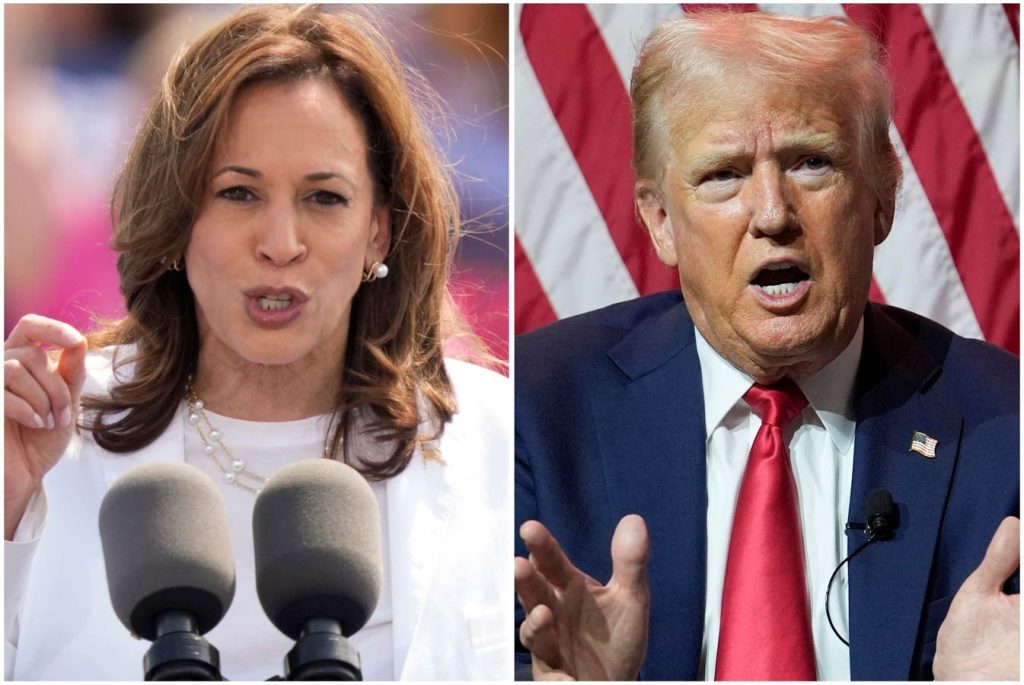The fintech industry, the intersection of financial services and technology, is facing increased federal scrutiny, particularly with regards to firms attempting to offer banking services without proper licensing. The presidential and congressional elections are expected to have a significant impact on the industry, with potential changes in areas such as the Consumer Financial Protection Bureau (CFPB), bank-fintech partnerships, and the CFPB’s new 1033 rule regarding consumers’ control over their banking data. Experts and executives have shared their insights on the possible implications of the election outcomes on the fintech sector.
One major area of focus is the CFPB, which has been more active in the past four years under the Biden administration, ordering significant fines and refunds for consumer relief. If Kamala Harris wins the election and Democrats retain control of Congress, it is expected that the CFPB’s enforcement and oversight activities will continue at a similar pace. On the other hand, if Donald Trump wins and Republicans take control of Congress, the CFPB’s activity is likely to slow down, with potential rollbacks of certain rules and regulations.
Bank-fintech partnerships have also been under scrutiny in recent years, particularly in relation to anti-money laundering rules. The outcome of the elections could impact the level of scrutiny on these partnerships, as well as the implementation of new rules such as the FDIC’s proposed rule requiring fintechs and their bank partners to reconcile accounts daily. Despite potential changes in administration, some industry experts believe that the enforcement of anti-money laundering laws is likely to remain consistent.
With regards to obtaining bank charters, a potential Trump victory and Republican control over Congress could open up new opportunities for fintech firms, which have faced challenges in obtaining charters during the Biden administration. Additionally, recent Supreme Court decisions have placed limits on government agencies’ authority, potentially leading to more legal challenges from well-resourced fintech companies seeking bank charters. The regulatory landscape for fintech firms may see significant changes depending on the election outcomes.
The CFPB’s final 1033 rule, which sets guidelines for consumers’ control over their banking data, has been a contentious issue between big banks and fintech companies. While some have questioned the fate of the rule under a Trump presidency, experts believe that it has bipartisan support and is likely to move forward regardless of the election outcome. The rule has also faced legal challenges, showcasing a growing confidence among individuals and organizations opposing regulatory agencies.
Overall, the fintech industry is bracing for potential changes in the wake of the presidential and congressional elections. While some experts believe that the regulatory landscape may see a “regulatory chill” with weaker enforcement, others anticipate continued scrutiny and potential changes in areas such as the CFPB, bank-fintech partnerships, and consumer data control. With the election outcomes uncertain, the industry remains vigilant and prepared for potential shifts in regulations and oversight in the coming years.













